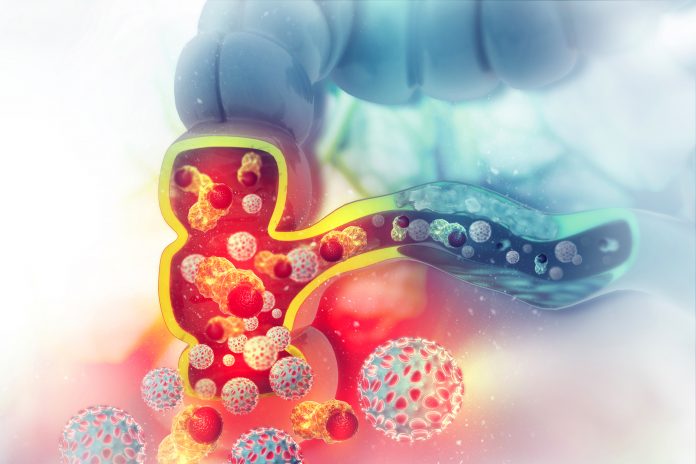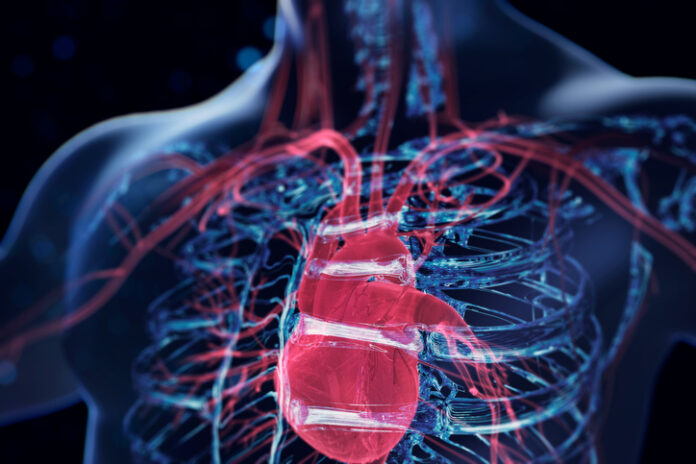
In a new study in mice, researchers from the University of California, Irvine (UCI), demonstrated how disruption of the circadian rhythm may accelerate the progression of colorectal cancer (CRC) by affecting the gut microbiome and intestinal barrier function. The new study offers new avenues for prevention and treatment strategies.
The findings are published in Science Advances.
“There is an alarming rise in early-onset colorectal cancer in adults under the age of 50,” said corresponding author Selma Masri, PhD, associate professor of biological chemistry. “Circadian misalignment through extended light exposure, late-night meals, and other environmental factors could [be] driving these cases. Our study suggests that clock disruption, particularly through lifestyle choices, may play a significant role in gut health and, subsequently, cancer risk.”
The study used a mouse model with genetic mutations. These mutations were designed to disrupt the normal circadian rhythm in the gut and to predispose the mice to developing CRC. The researchers then analyzed the gut microbiome and gene expression in these mice compared to healthy controls.
“Diet is a robust entrainment cue that regulates diurnal rhythms of the gut microbiome,” the researchers wrote. “We and others have shown that disruption of the circadian clock drives the progression of colorectal cancer (CRC). While certain bacterial species have been suggested to play driver roles in CRC, it is unknown whether the intestinal clock impinges on the microbiome to accelerate CRC pathogenesis. To address this, genetic disruption of the circadian clock, in an Apc-driven mouse model of CRC, was used to define the impact on the gut microbiome. When clock disruption is combined with CRC, metagenomic sequencing identified dysregulation of many bacterial genera including Bacteroides, Helicobacter, and Megasphaera.”
By identifying these bacterial species, the study highlights potential targets for future therapeutic interventions. The researchers also identified alterations in the microbial pathways involved in the metabolism of nucleic acids, amino acids, and carbohydrates. These functional changes were linked to reduced levels of intestinal mucus, which normally protects the gut lining from harmful bacteria, suggesting that the circadian clock is crucial for maintaining barrier integrity.
Further research is needed to understand how these changes can lead to potential cancer treatments. The researchers now want to investigate if changes in the timing and abundance of certain gut bacteria could directly lead to colorectal cancer development over time. The researchers believe deeper insights into how the body’s internal clock shapes the gut’s ecosystem could pave the way for treatments that not only address cancer but also improve overall gut health.










![Best Weight Loss Supplements [2022-23] New Reports!](https://technologytangle.com/wp-content/uploads/2022/12/p1-1170962-1670840878.png)




